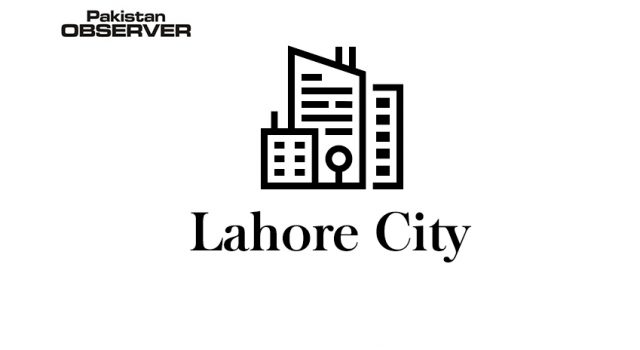The Human Rights Commission of Pakistan (HRCP) demands that parliamentary oversight be restored immediately to all decision-making related to the Covid-19 pandemic.
The government’s overall response has been marred by inconsistent messaging at the top, which must be rectified by ensuring that the federal and provincial governments present a united front in this time of crisis. HRCP also stresses that the rights of the vulnerable and marginalised must be at the centre of all efforts related to pandemic prevention, containment, and treatment—not only in this instance but as a matter of principle and policy in the long term.
Based on an analytical fact-finding study released today, HRCP finds that the pandemic has eroded people’s trust in, and respect for, ruling institutions and the governing elite. The health emergency has exacerbated existing structural discrimination and inequalities, and laid bare misplaced socioeconomic priorities.
The report includes a survey of a cross-section of citizens countrywide, of whom only 25 percent thought the steps taken by the federal government had been effective in tackling Covid-19. Around 94 percent felt that wage labour had been the most affected by the pandemic. More than half were concerned that religious minorities would be discriminated against in the distribution of relief items or access to healthcare, and around 70 percent felt that women had become increasingly vulnerable to domestic violence.
Any revival of economic activity will have to be done by generating demand and avoiding any downsizing. In addition, to make resources available for employment generation and wider, more effectual social protection, the government must realise the urgent need to cut back on redundant government divisions and departments and non-combat defence expenditure.









